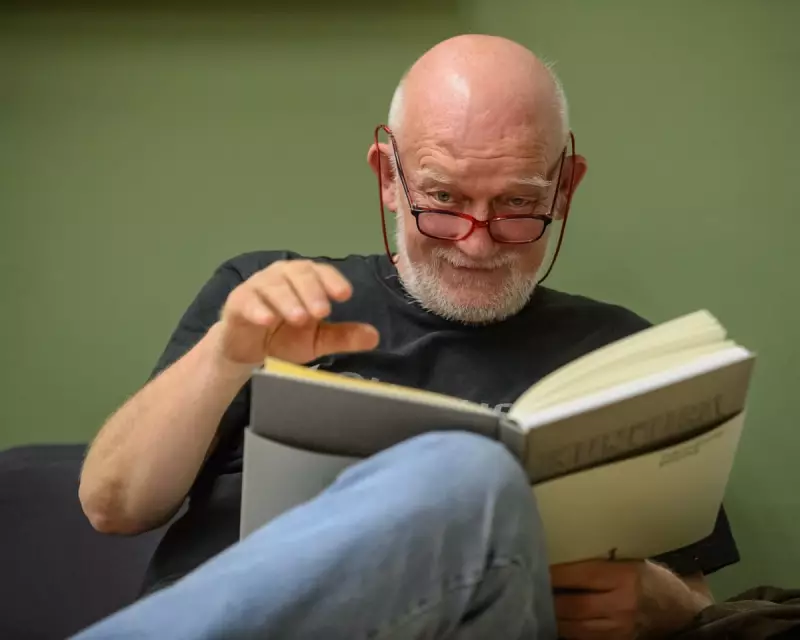
The death of Mirosław Chojecki marks the passing of one of Eastern Europe's most courageous Cold War dissidents, a man whose underground publishing network became the intellectual backbone of Poland's Solidarity movement and ultimately helped dismantle communist rule.
The birth of a resistance publisher
Chojecki's journey into dissidence began not with weapons or protests, but with words. A brilliant chemistry student turned activist, he recognised that the communist regime's greatest vulnerability was its fear of free expression. In 1977, he founded NOWa – the Independent Publishing House – creating what would become the largest underground publishing operation in the Eastern Bloc.
Operating from secret locations across Poland, Chojecki and his network of intellectuals, printers and distributors risked imprisonment to circulate banned literature. Their catalogue grew to include works by George Orwell, Czesław Miłosz, and Aleksandr Solzhenitsyn, alongside political analyses and historical texts that challenged the regime's official narrative.
Scientific mind meets political resistance
Chojecki's background in chemistry proved unexpectedly valuable to his clandestine operations. He developed innovative techniques for evading state surveillance and created makeshift printing facilities that could be quickly dismantled and moved. His scientific precision combined with political courage made him a formidable opponent to the security services.
The scale of NOWa's operations was staggering. At its peak, the network published nearly 500 titles per year, distributing them through covert channels to readers hungry for uncensored information. This literary samizdat became the intellectual fuel for Poland's growing opposition movement.
The Solidarity connection
When the Solidarity trade union emerged in 1980, Chojecki's publishing infrastructure was perfectly positioned to become its communication backbone. NOWa provided the movement with its first printing capabilities, enabling the rapid dissemination of information that would have been impossible through official channels.
"We were creating an alternative society," Chojecki later reflected. "Not just opposing the regime, but building something new alongside it."
His work attracted international attention and support, with figures like French philosopher Jean-Paul Sartre publicly endorsing his efforts. This global recognition provided some protection, though Chojecki still faced constant harassment and the very real threat of lengthy imprisonment.
Life after the revolution
Following the collapse of communism in 1989, Chojecki's remarkable transition from dissident to diplomat and businessman demonstrated his versatility and enduring commitment to Poland's development. He served as a cultural attaché in Paris and became a successful entrepreneur in the telecommunications sector.
Yet his later years were also marked by controversy, particularly his involvement with Orlen, the Polish oil conglomerate, where he faced allegations of political interference – a stark contrast to his earlier role as government critic.
A legacy of courage and contradiction
Mirosław Chojecki's life embodied both the moral clarity of resistance and the complex compromises that followed victory. His underground publishing work remains an inspirational chapter in the history of non-violent resistance, demonstrating how determined individuals can challenge even the most oppressive systems.
As historian Timothy Garton Ash noted, figures like Chojecki proved that "the power of the powerless" could indeed change history. His legacy serves as a powerful reminder that the fight for free expression often begins with something as simple as a printed page, and that courage, when combined with intellect, can help topple empires.





